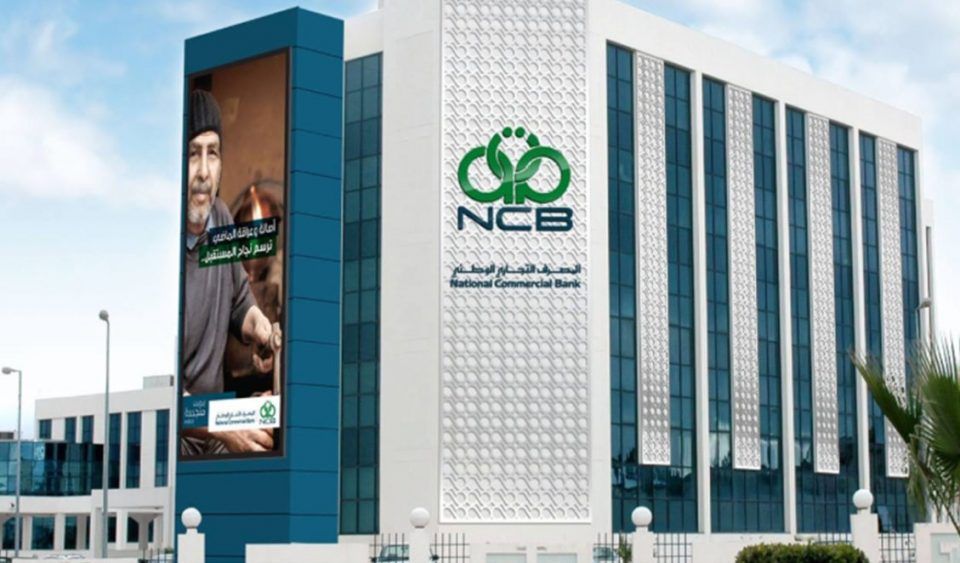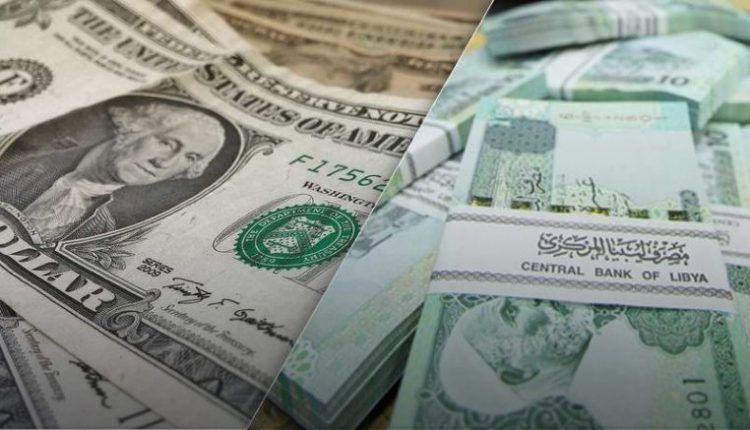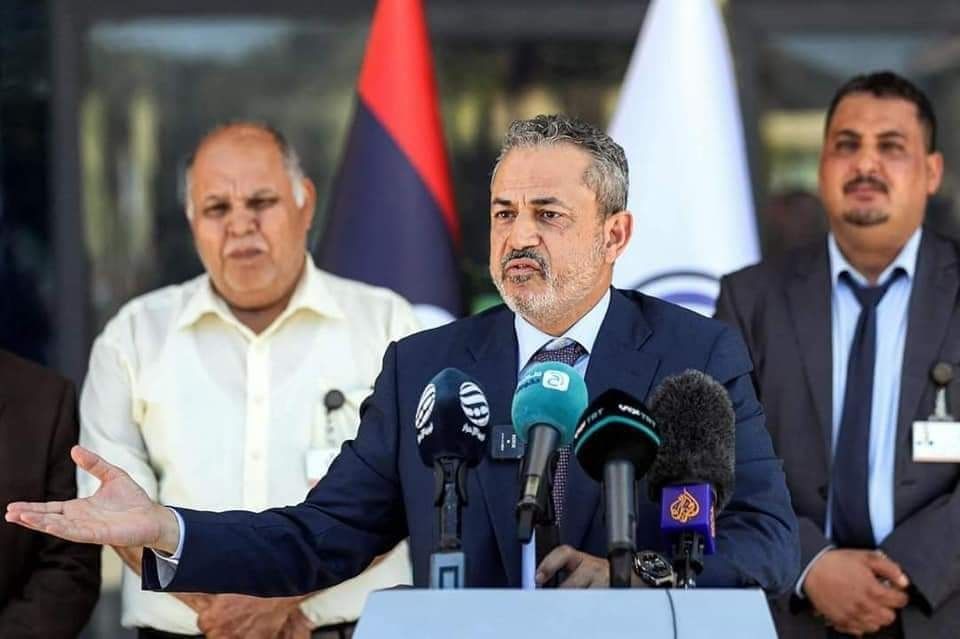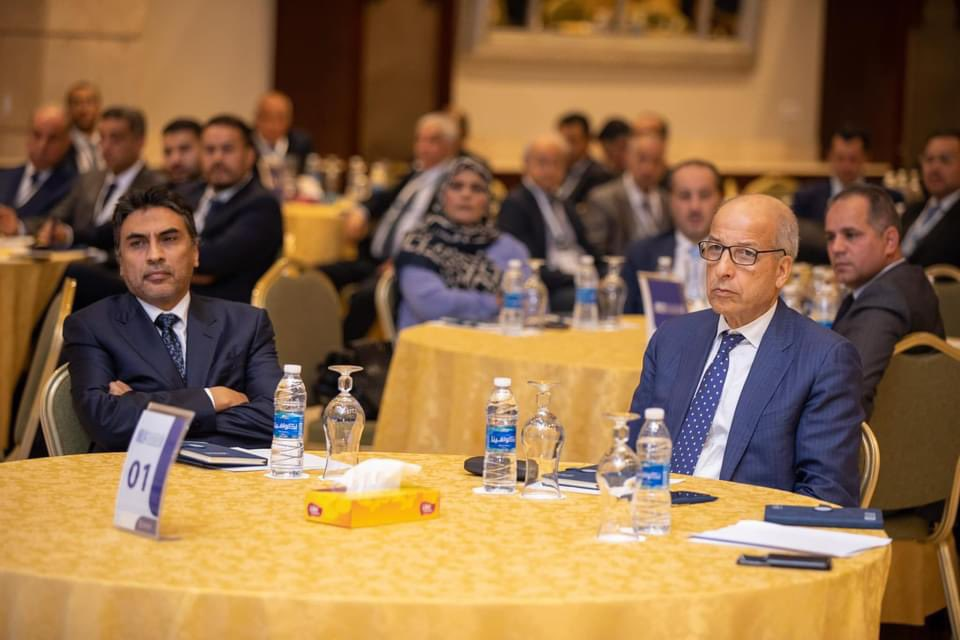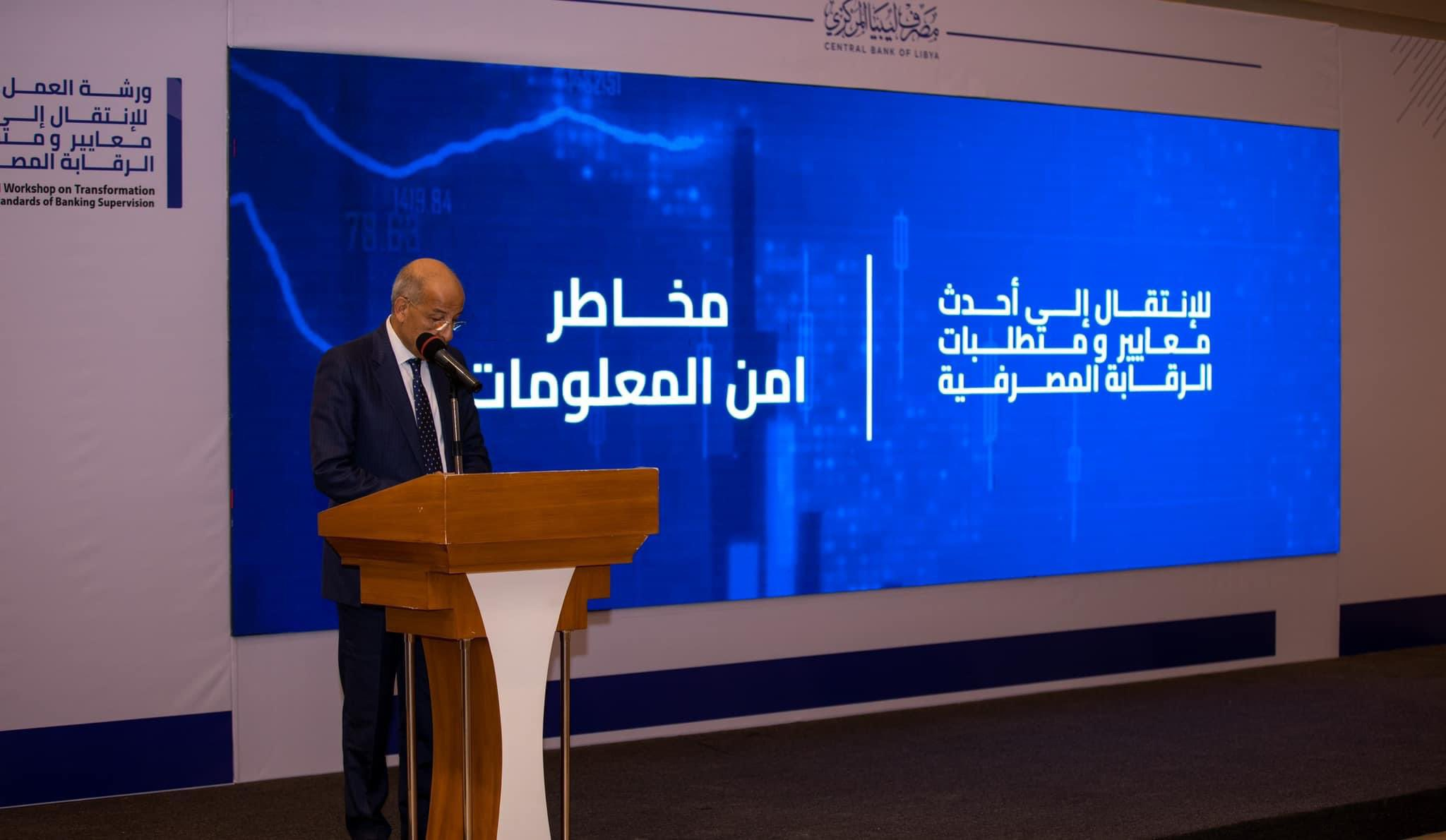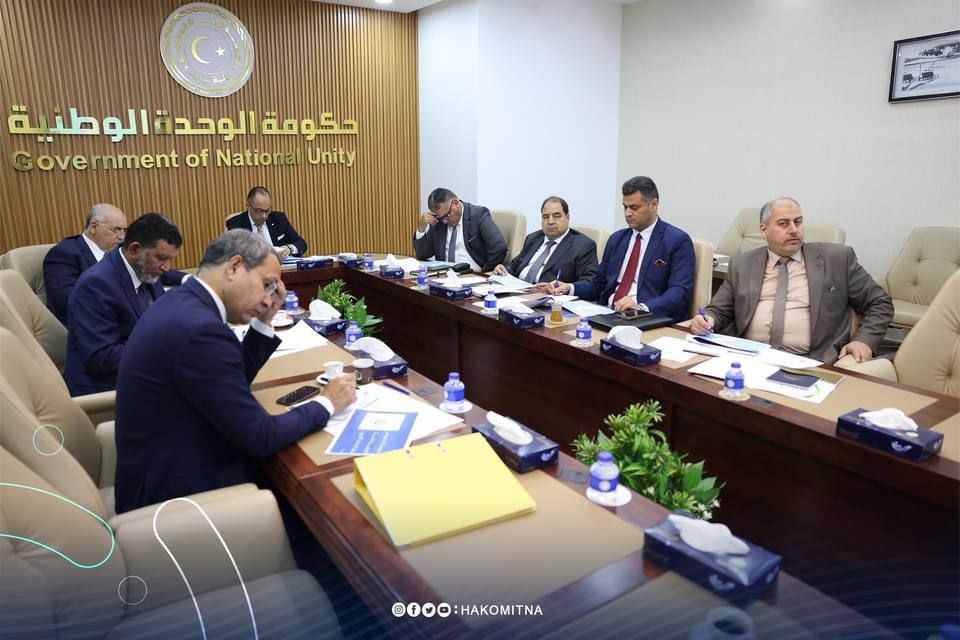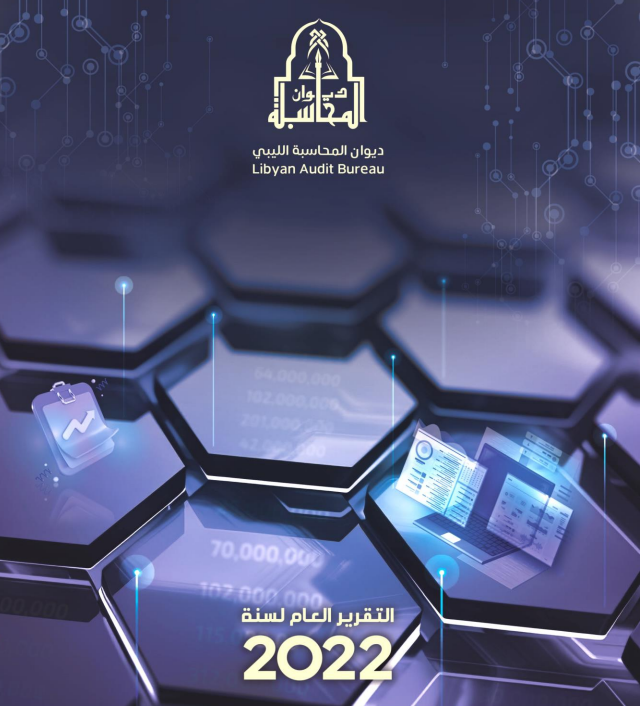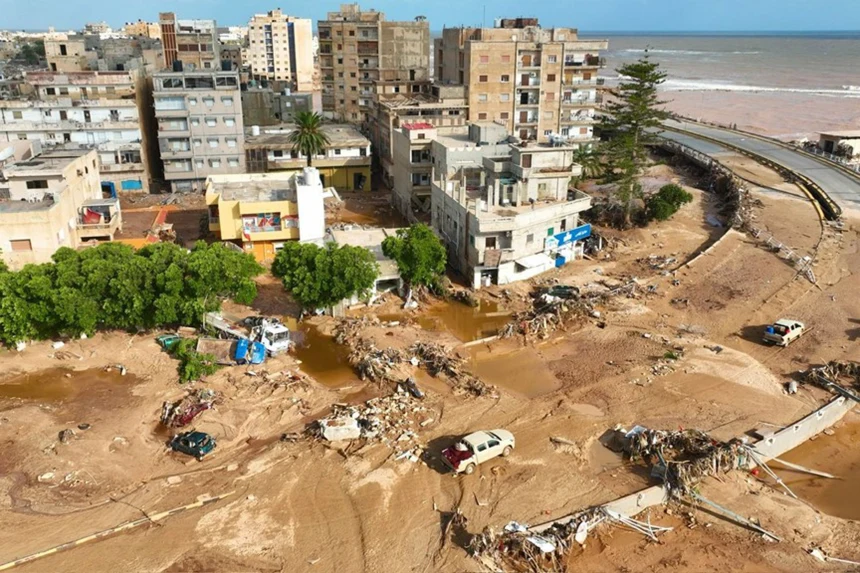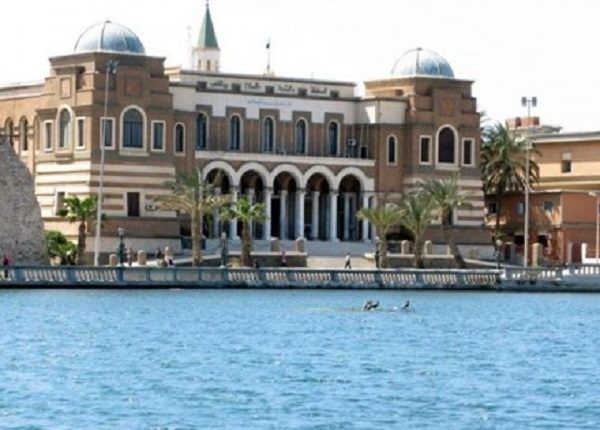New CBL Statement Shows National Commercial Bank as Top Recipient of Foreign Currency in 2023
Today, Tuesday, the Central Bank of Libya published a statement of the total amounts of foreign exchange sold to commercial banks during the year 2023 until the end of October, which amounted to more than $17.5 billion. The National Commercial Bank topped commercial banks in total foreign exchange sold with a value exceeding $203 billion.
According to the Central Bank statement, the total amount sold to the National Commercial Bank reached 2 billion and 308 million dinars. Wahda Bank amounted to 2 billion and 154 million dinars, followed by the Jumhouria Bank with a value of 2 billion and 59 million dinars, then Aman Bank with a value of one billion and 819 million dinars.
As for the total documentary credits during the year 2023, it amounted to approximately 10.2 billion dollars, the largest share of which was to Wahda Bank, with a value of one billion and 844 million dinars. Then comes Nuran Bank, with a value of one billion and 185 million dinars, followed by Jumhouria Bank, with a value of one billion and 137 million dinars. The National Commercial Bank reached a value of one billion and 65 million dinars.
